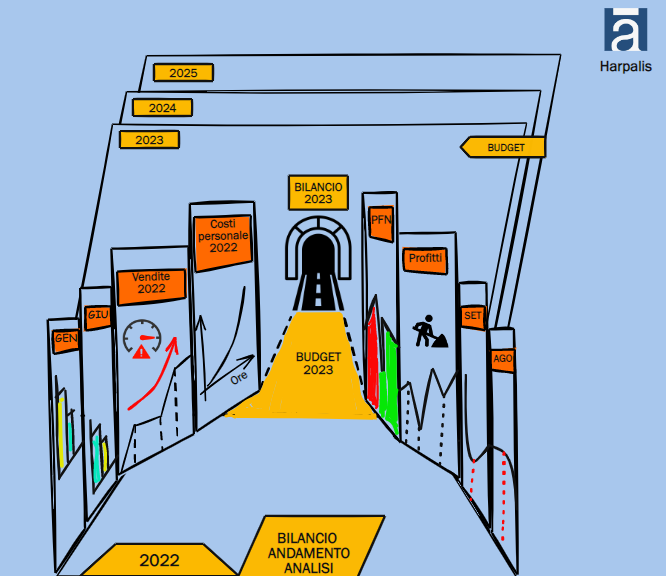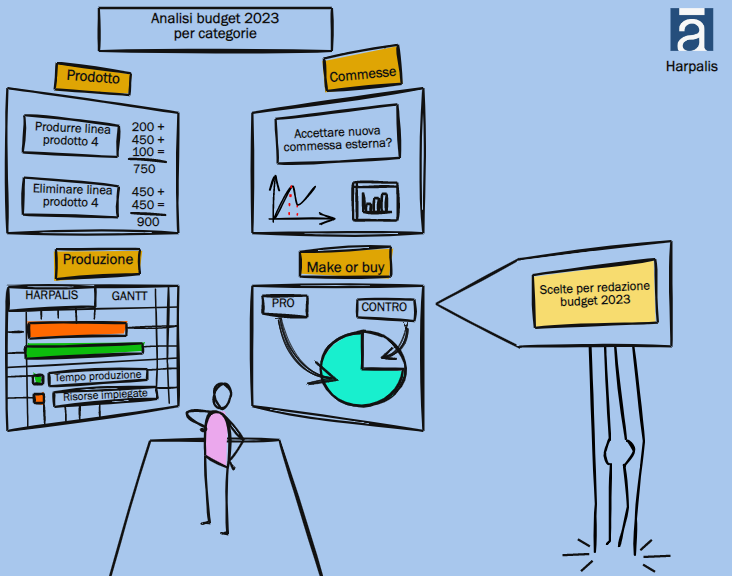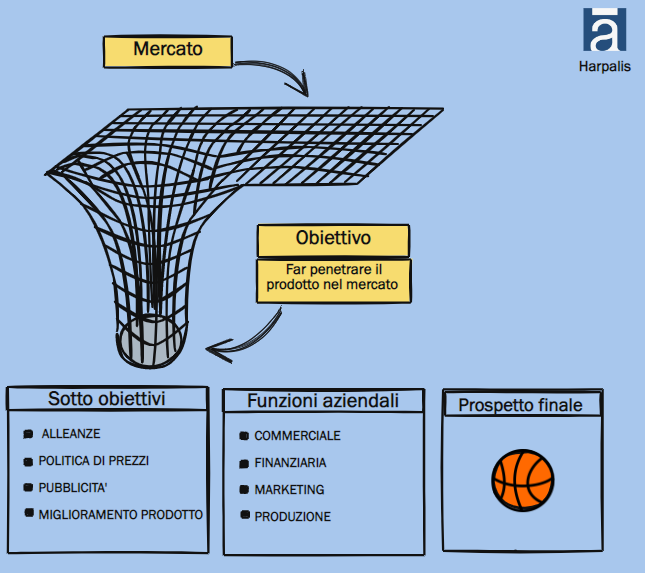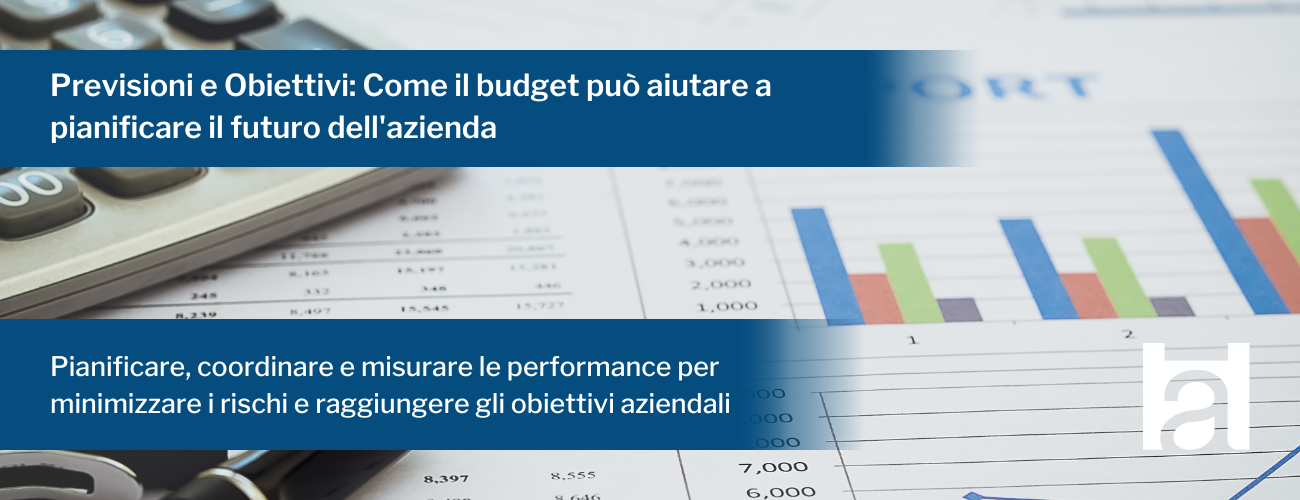Plan, coordinate, and measure performance to minimize risks and achieve business objectives.
The budget is not just a superficial document but a fundamental tool for every business that aims to achieve success. Every company needs clear objectives and the ability to measure its performance. But knowing where you want to go is not enough: you need a detailed plan to reach your destination, avoiding pitfalls and minimizing risks.
The budget provides a detailed overview of the company’s activities and helps in gaining awareness of future needs, aiding in the planning process, which involves coordinating all management activities for development in line with the company’s objectives.
It is a tool that enables the preparation of coordinated programs based on forecasts for a specific period (1 year, 3 years, 5 years, etc.), hypothesizing future scenarios based on the most relevant company variables.

When leading a business, you are faced with many choices, especially at the end of the year when you are assessing budgets and starting to plan for the future.
The recurring questions for those who lead a company can be diverse:
- Is it convenient to continue producing a certain product line?
- Is it advisable to accept a new external order?
- How can the most profitable production schedule be determined?
- Is it more profitable to buy a service or keep it in-house?

It is evident, therefore, that achieving a single objective requires involving various internal roles within the company. And indeed, all individuals who can directly or indirectly contribute to the achievement of the company’s objectives become users of the budget. The budget proves to be the key to planning future business moves, and those who draft it with foresight and objectivity are able to identify effective paths both in the short and long term.
Easier said than done, indeed. Creating a good budget requires skills that cannot be improvised. Aspects that may escape those unfamiliar with the technicalities of the subject must be taken into consideration: the cost of sales; the forecast of the tax burden; the connection between strategic objectives and communication to stakeholders, to name just a few examples that can make the difference between a good document and a functional budget.

If you would like help with effective budgeting and performance management for your business, Harpalis’ Management Consulting Focus Team can help.
You can contact us by writing to coordination@harpalis.it or by calling 3314695568.



